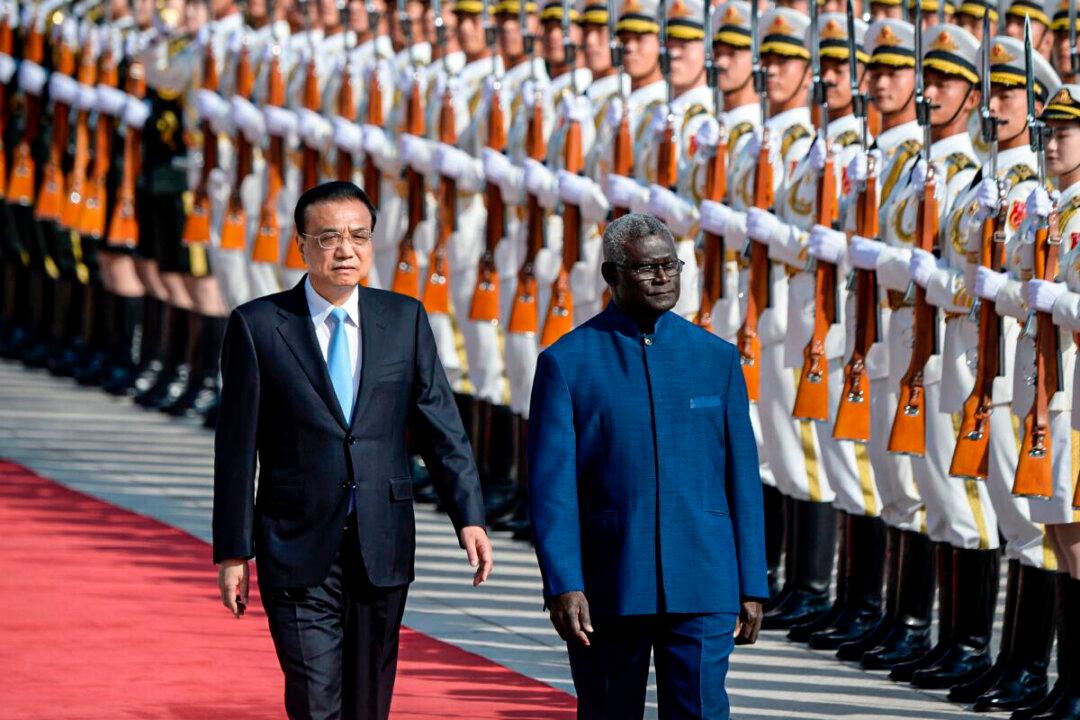Commentary
AUKUS, the new global strategic alliance, has been issued its first major challenge by Beijing while the world is preoccupied with the Russia-Ukraine conflict.

AUKUS, the new global strategic alliance, has been issued its first major challenge by Beijing while the world is preoccupied with the Russia-Ukraine conflict.